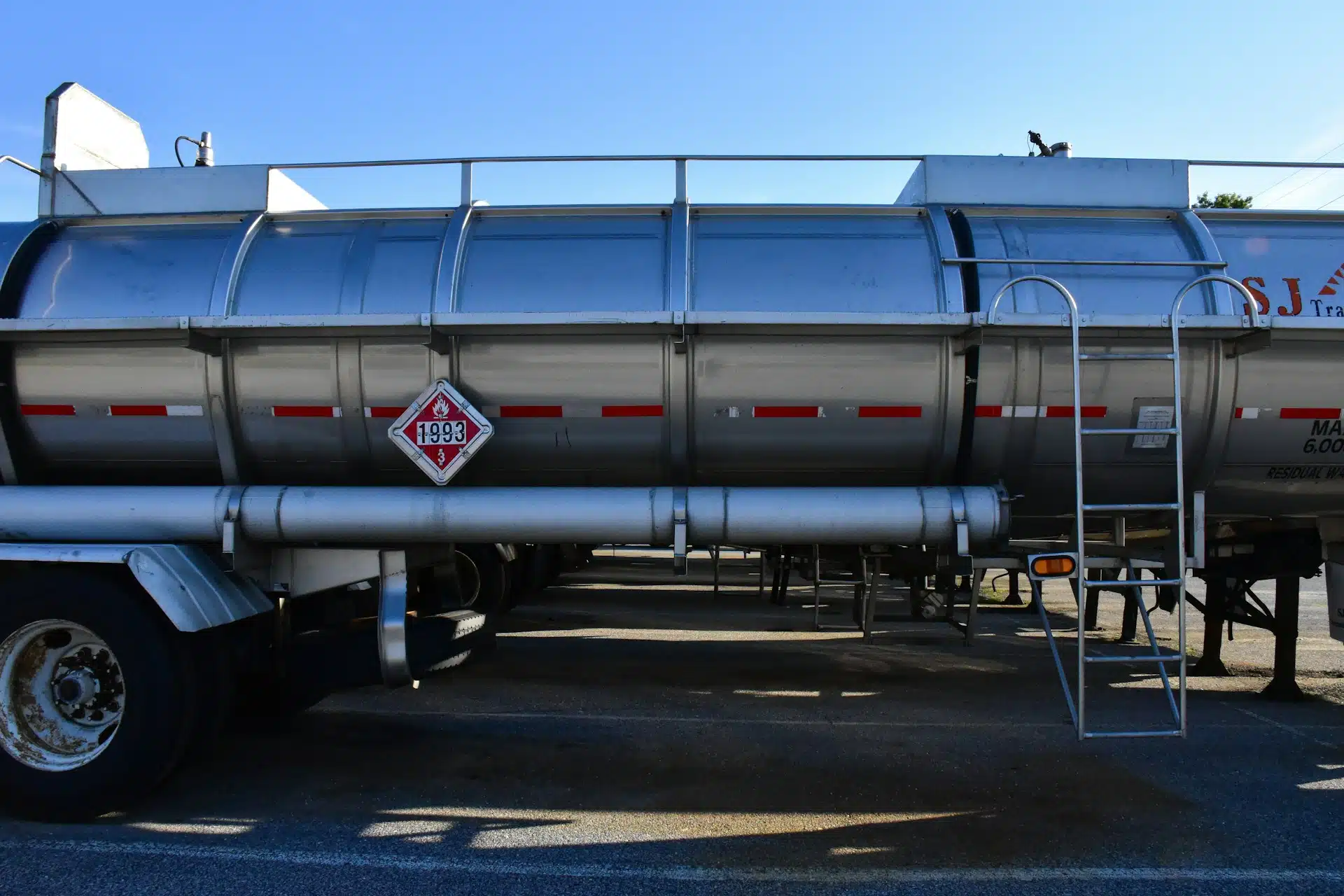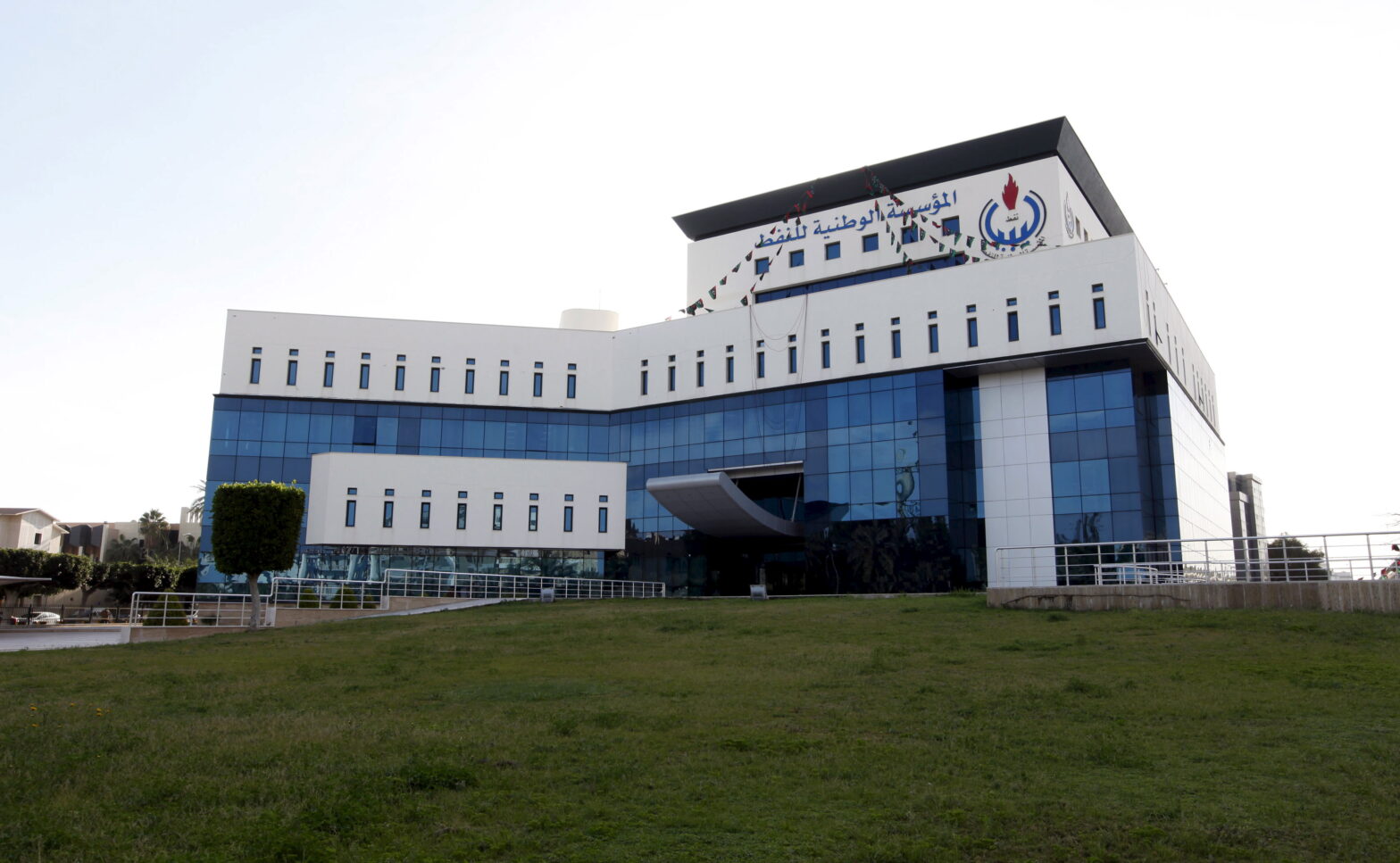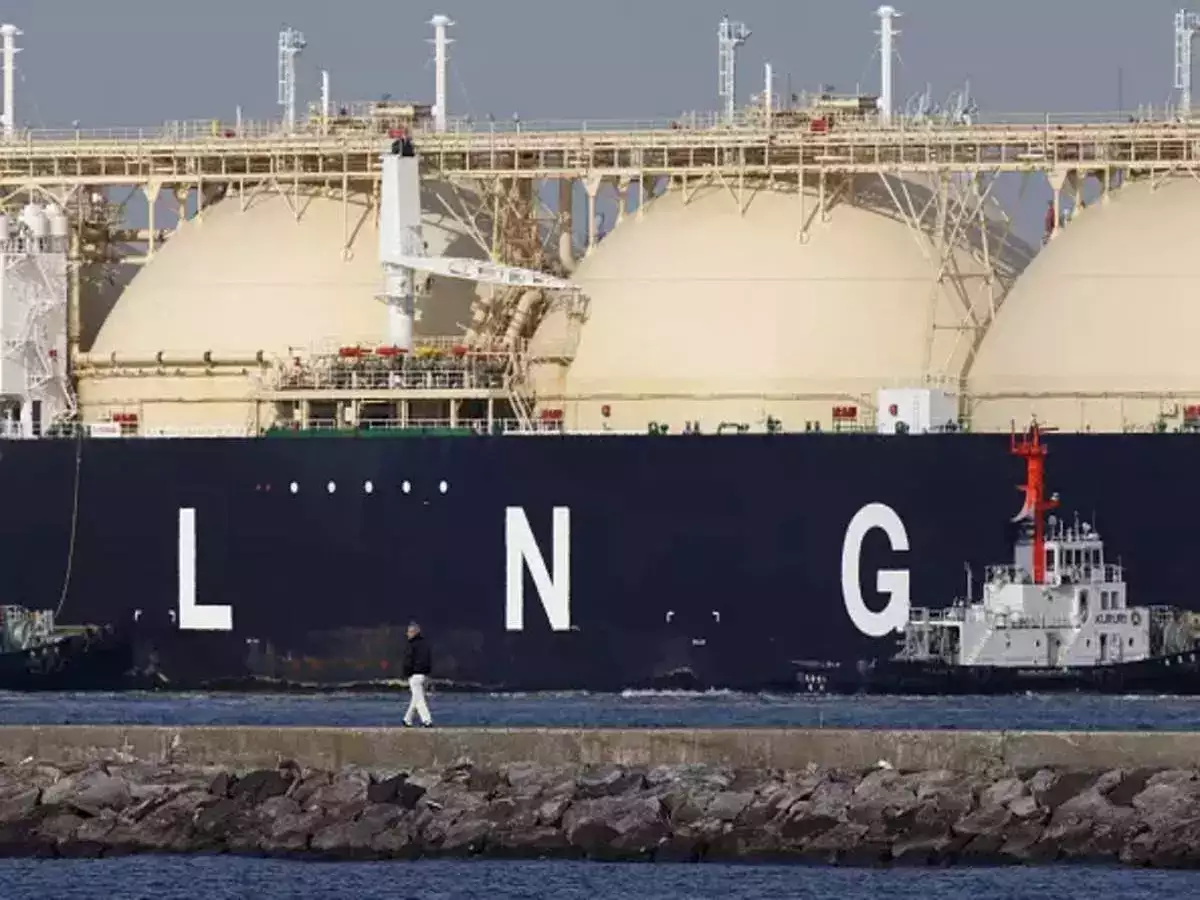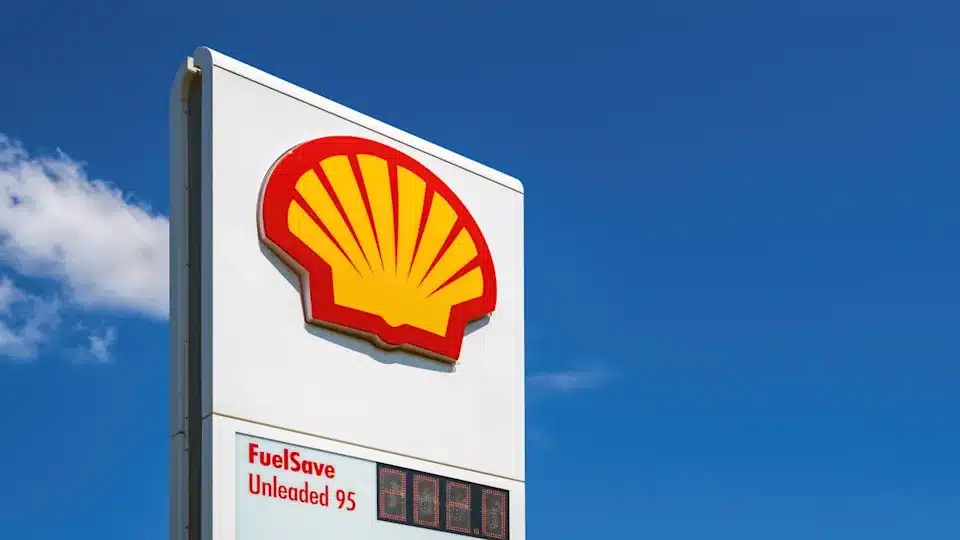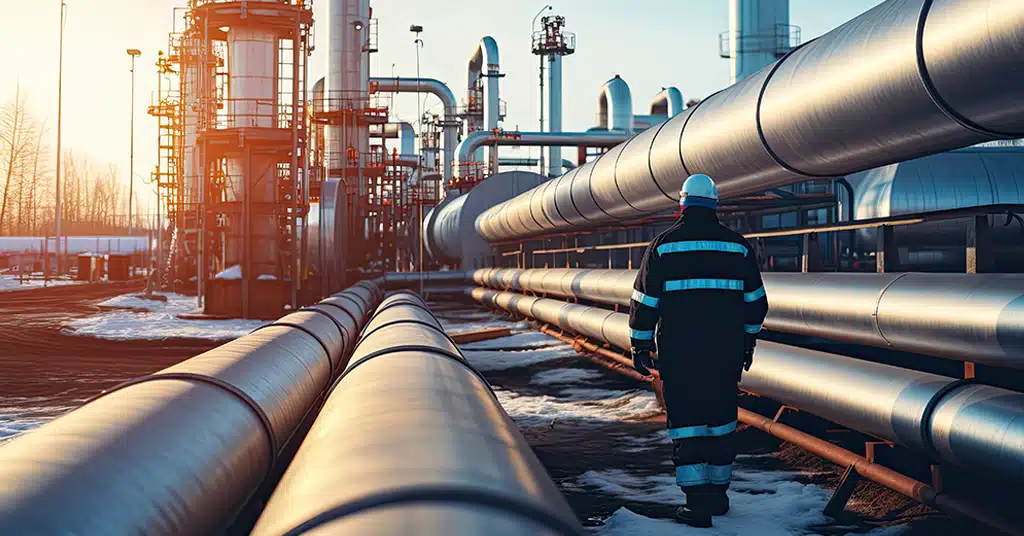Nigeria has taken a giant step to expand its presence in the global clean energy value chain with the commissioning of a 40,000 cubic meters (m³) Liquefied Petroleum Gas (LPG) vessel in Ulsan, South Korea.
This was announced by the Nigerian National Petroleum Company (NNPC) Ltd. on Monday in a press release seen by Energy in Africa.
The LPG vessel, christened “MT Iyaloja (Lagos),” is owned by WAGL Energy Limited, a joint venture between NNPC and Sahara Group.
It is a dual-fuel, fully refrigerated LPG vessel that increases WAGL’s total vessel capacity to 162,000m³ Other ships in the company’s fleet include MT Africa Gas, MT Sahara Gas, MT BaruMK, and MT Sapet.
Speaking at the commissioning ceremony in Ulsan, President Bola Ahmed Tinubu, represented by the Minister of State for Petroleum Resources (Gas), Ekperikpe Ekpo, hailed the project as a milestone in Nigeria’s quest to deliver sustainable energy solutions across Africa and beyond.
Ekpo praised WAGL Energy, NNPC, and Sahara Group for their “strategic foresight, technical excellence, and unwavering dedication” to expanding Africa’s role in global clean energy.
Another key project for NNPC
The state-owned energy company has been at the forefront of promoting domestic gas consumption in Nigeria.
Group Chief Executive Officer of NNPC Ltd., Bashir Bayo Ojulari, represented by the Executive Vice President, Gas, Power & New Energy, Mr. Olalekan Ogunleye, described the new carrier as a major boost for Nigeria’s gas development drive.
He noted that NNPC remains committed to ensuring LPG affordability, availability, and access nationwide.
“NNPC Ltd. is proud to be a major shareholder in this indigenous company which, in addition to the newly commissioned MT Iyaloja (Lagos), owns four other LPG vessels in its growing fleet, delivering over 6 million MT of LPG across West Africa over the last five years,” Ojulari said.
LPG is Nigeria’s main cooking gas.
Despite holding over 200 trillion cubic feet in proven natural gas reserves, millions of households in the country still depend on dirty fuels like biomass and kerosene to cook meals.
Although cooking gas consumption has increased steadily over the years, supply has remained insufficient.
The country currently consumes about 1.5 million tons of LPG annually, but the government is pushing to increase supplies to 5 million tons by 2030.
To lower cost and encourage LPG adoption, the government of Nigeria has exempted the essential commodity from value-added tax (VAT) as part of a series of fiscal and tax policy reforms.
WAGL braces for LPG vessels
WAGL’s Chairman and Sahara Group’s Executive Director, Mr. Temitope Shonubi, highlighted the broader significance of the expansion, describing it as part of the company’s vision to bridge Africa’s energy infrastructure gap.
“The addition of MT Iyaloja (Lagos) embodies the spirit of progress and empowerment championed by the iconic Alhaja Abibatu Mogaji, whose legacy we honour. Sahara Group is proud of its partnership with NNPC Ltd. and reaffirms its commitment to partnerships that drive energy access in Africa,” Shonubi said.
The Managing Director of WAGL, Mr. Mohammed Sani Bello, revealed plans to expand the fleet further within two years, including the acquisition of a Small Gas Carrier and a Very Large Gas Carrier (VLGC).
The vessel, named in honour of Alhaja Abibatu Mogaji, the late mother of President Tinubu, was officially unveiled through a symbolic ribbon cutting performed by her granddaughter, Alhaja Folasade Mujidat Tinubu-Ojo, the Iyaloja-General of Nigeria.
Besides its investment in WAGL, NNPC is also heavily involved in the $420 million ANOH gas project in Imo state.
When completed in the second half of 2025, the gas project will add 300 million cubic feet of LPG, dry gas and condensates to both local and export markets.

